Normal Addition & Subtraction Worksheets for Ages 3-9 - Page 2
171 filtered results
-
From - To
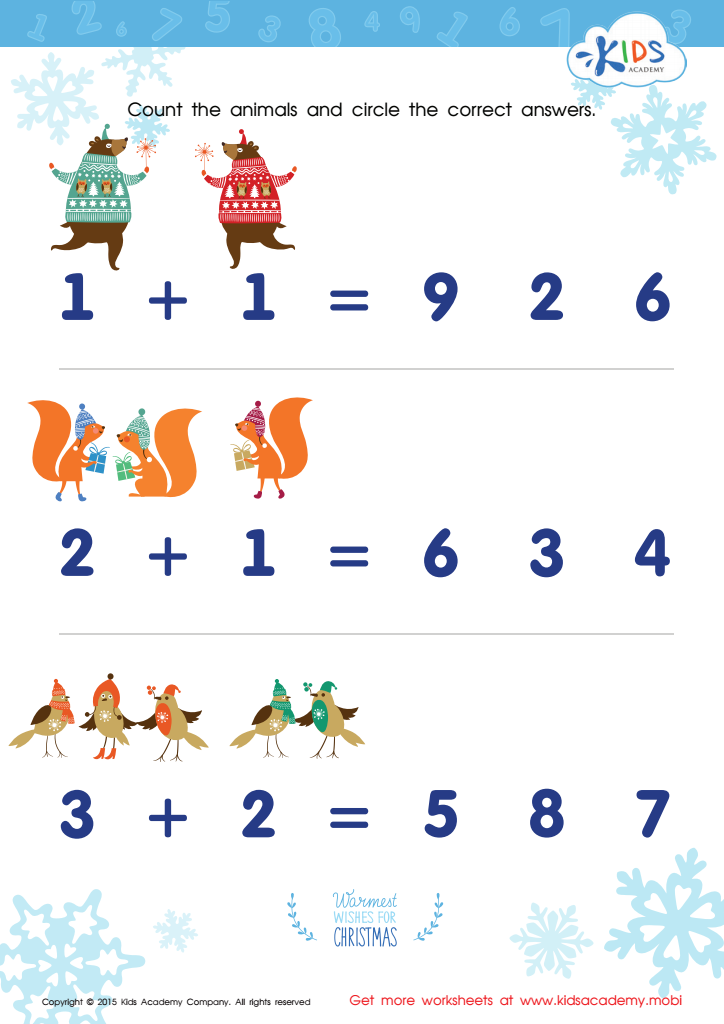

Count Funny Animals Worksheet
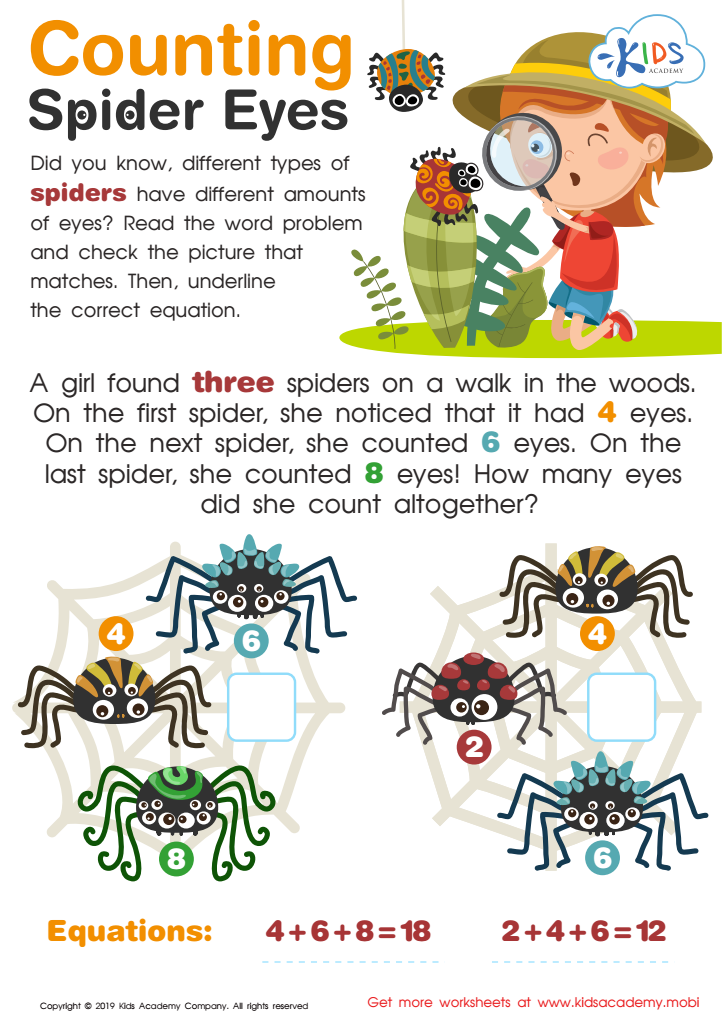

Counting Spider Eyes Worksheet
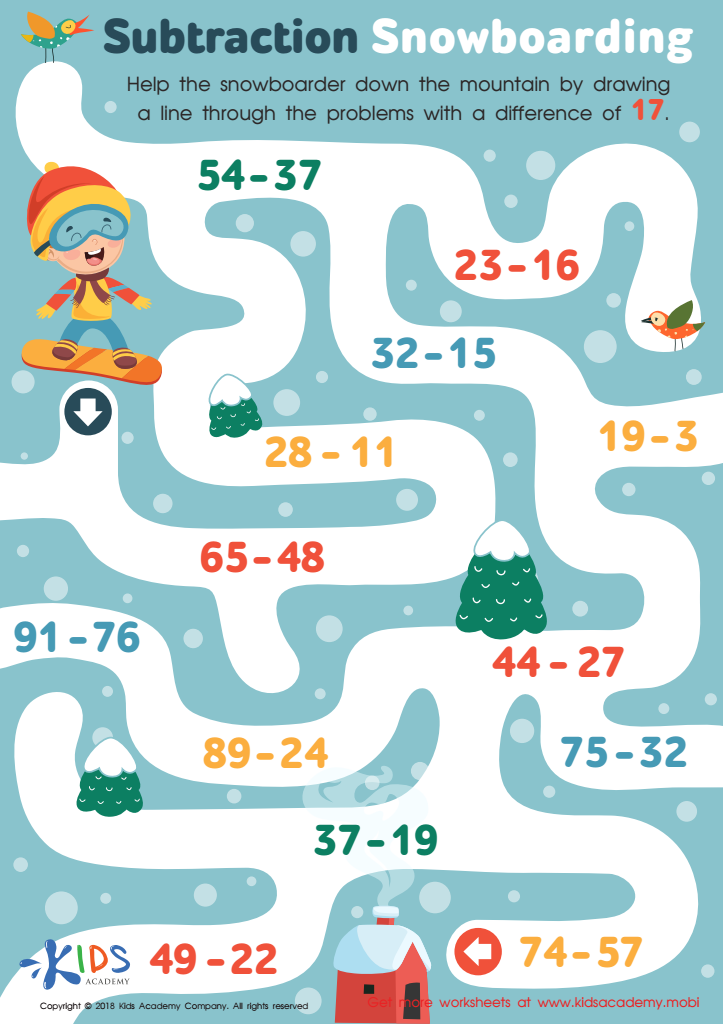

Subtraction Snowboarding Worksheet
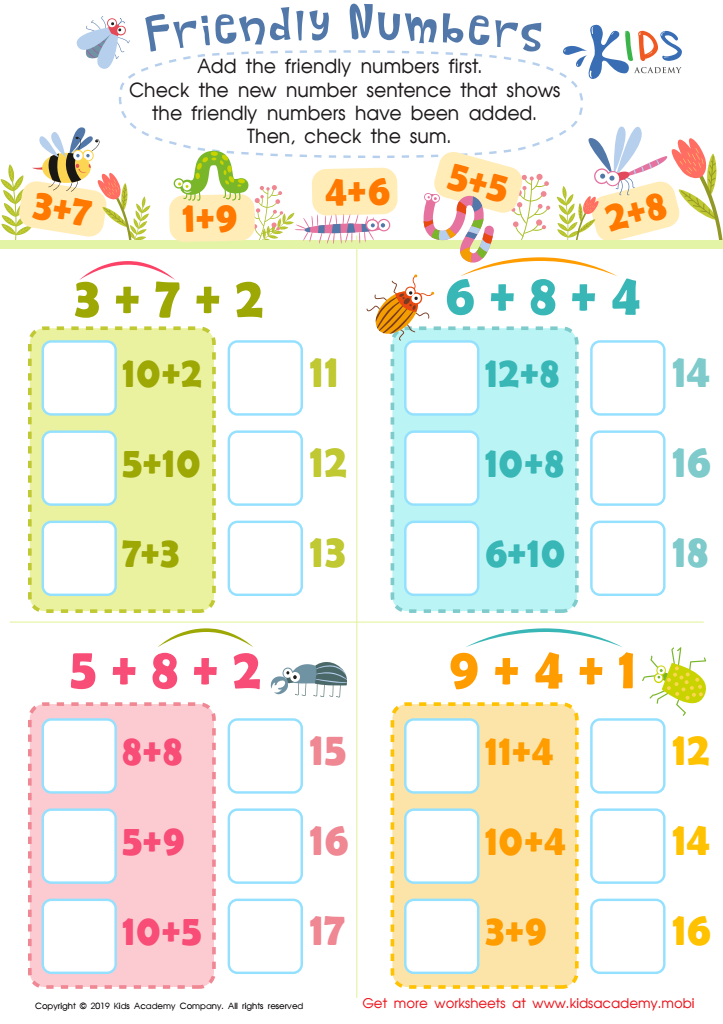

Friendly Numbers Worksheet


Enrichment -2 Step Word Problems Worksheet
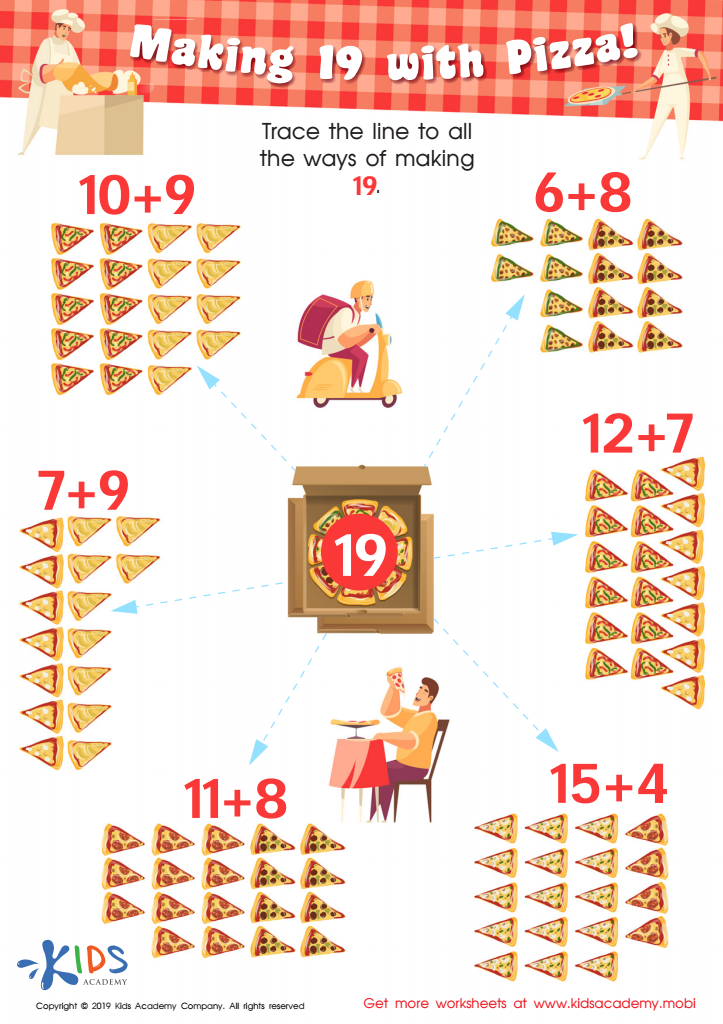

Making 19 with Pizza! Worksheet


7 Continents and 7 Seas Worksheet
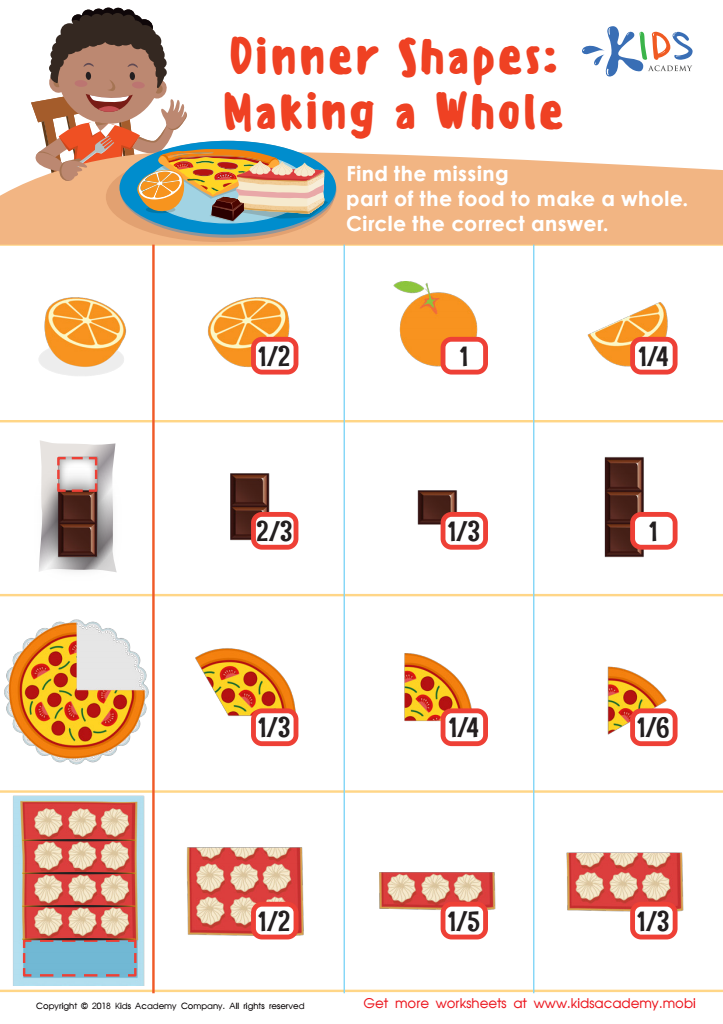

Dinner Shapes: Making a Whole Worksheet
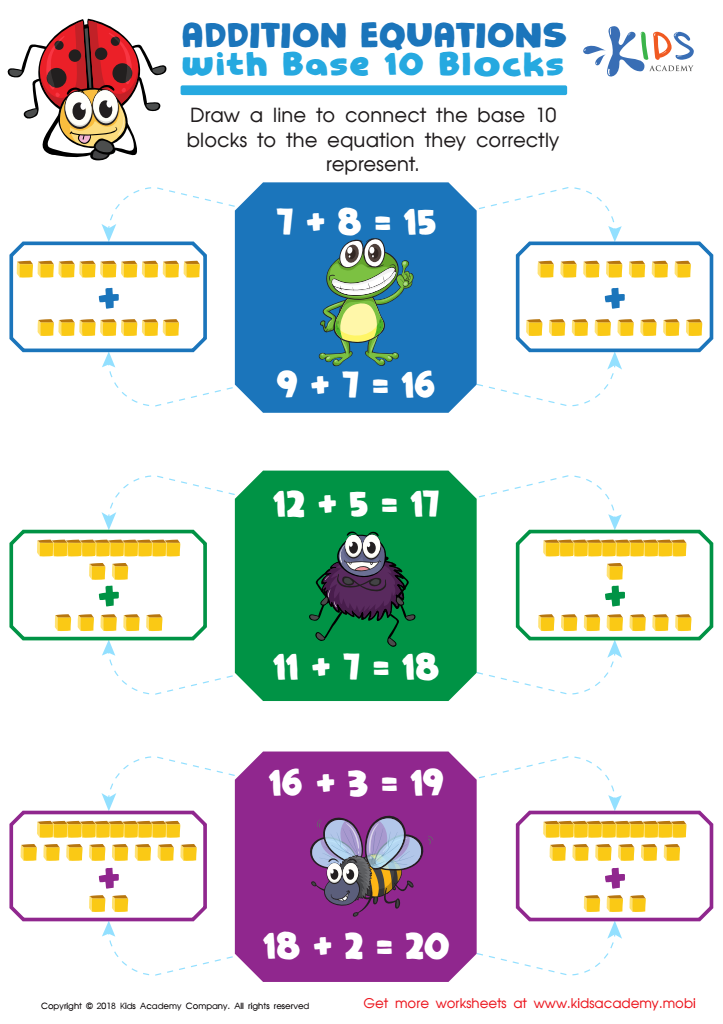

Addition Equations With Base 10 Blocks Worksheet
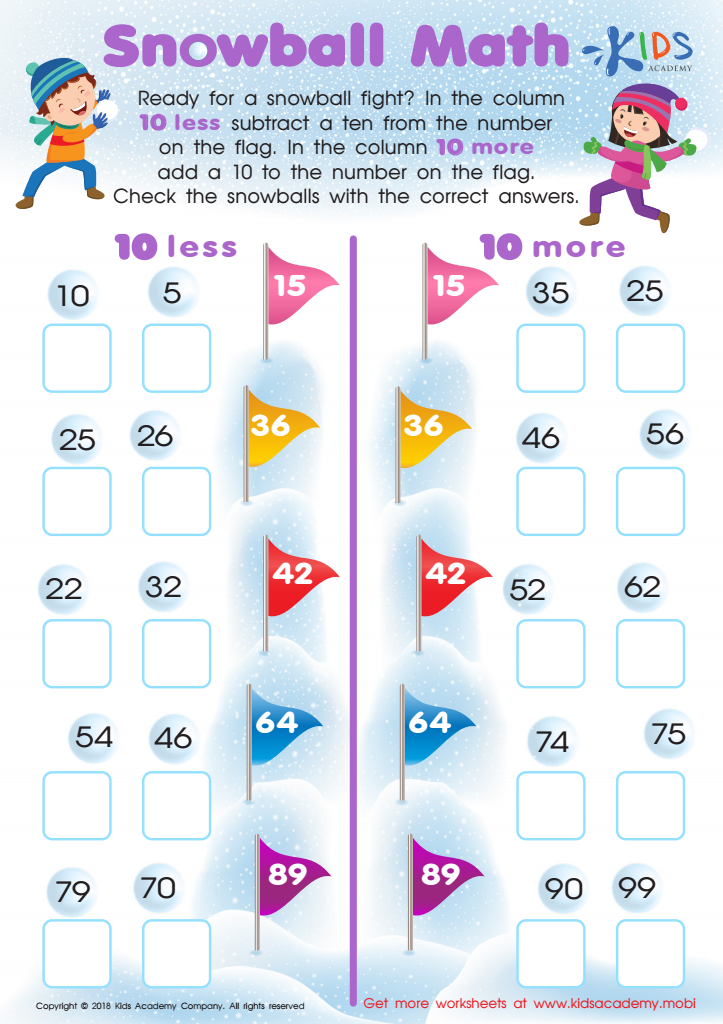

Snowball Math Worksheet
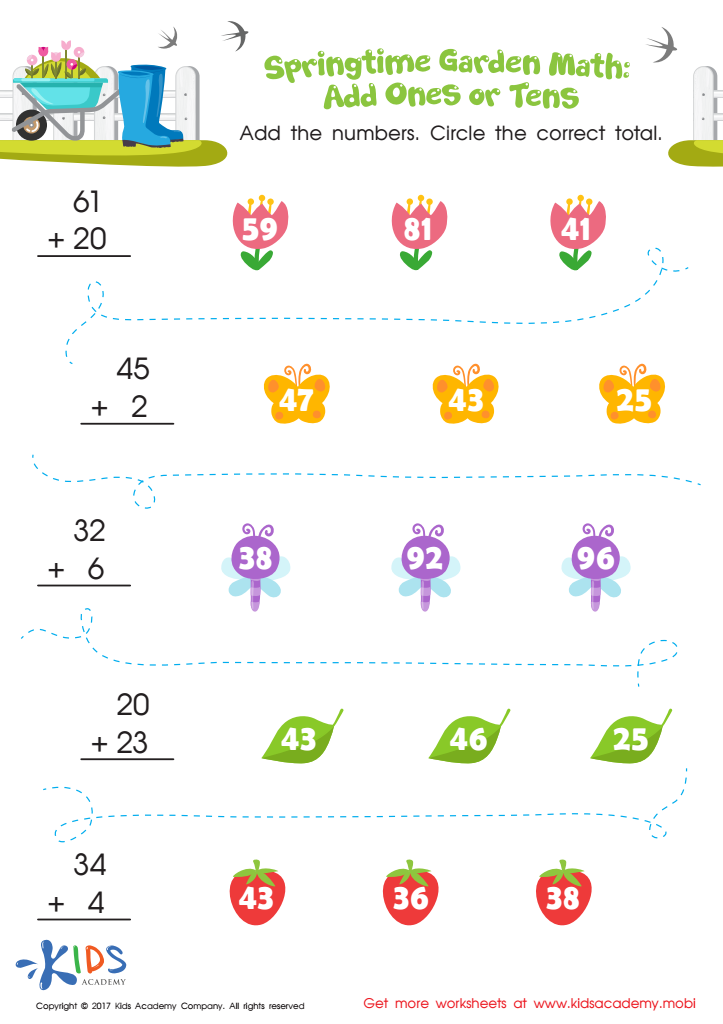

Springtime Garden Math Worksheet
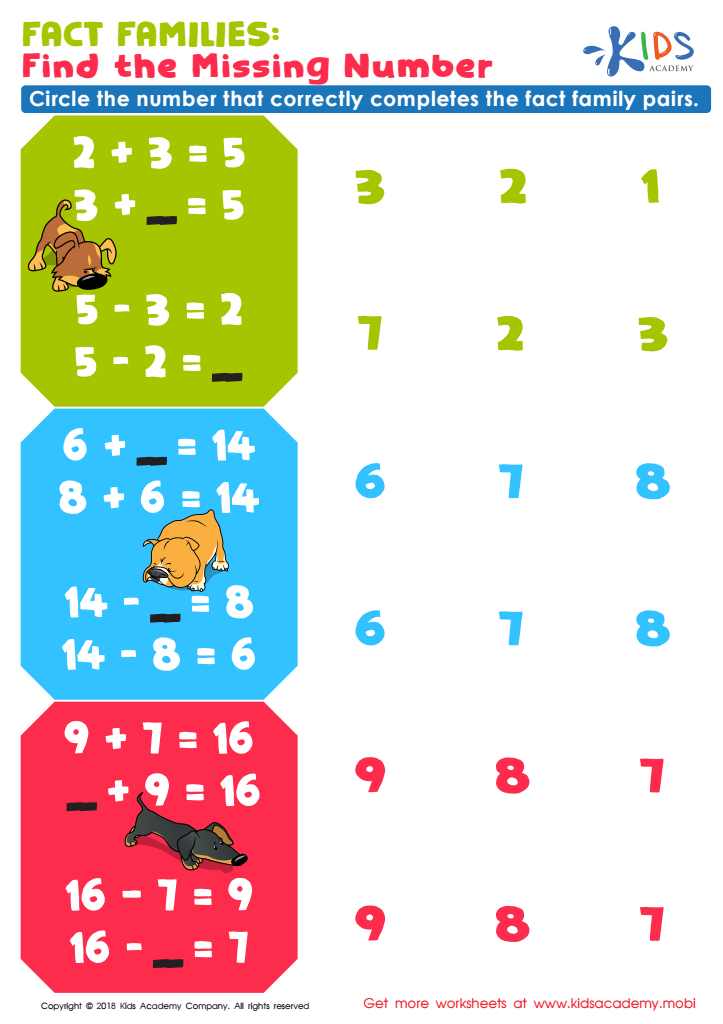

Fact Families: Find Missing Number Worksheet
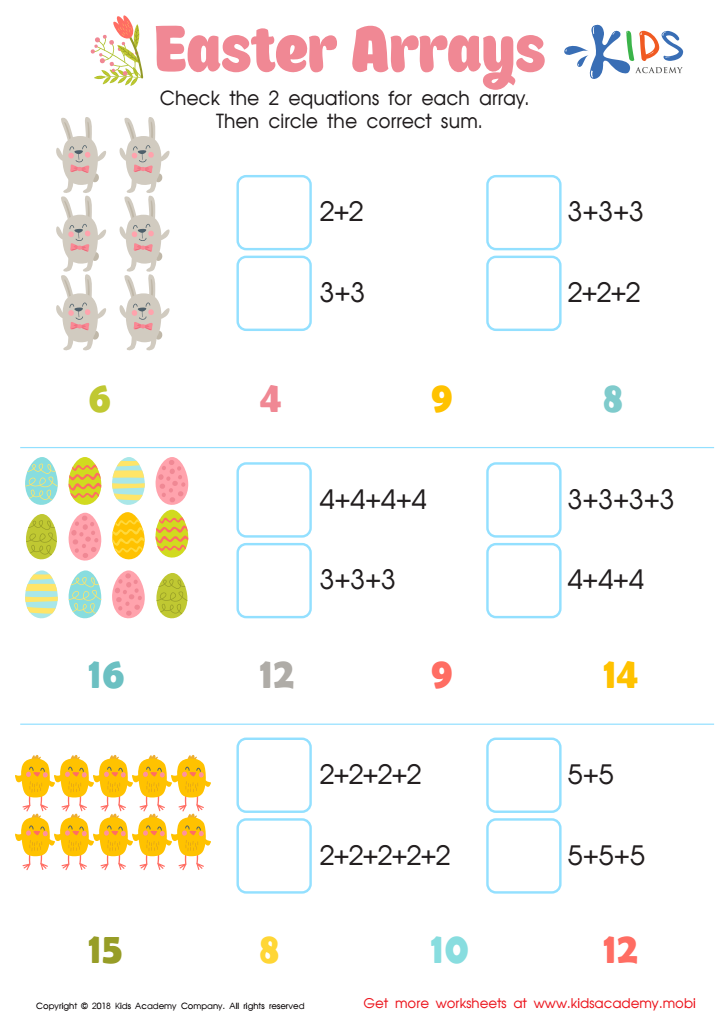

Easter Arrays Worksheet
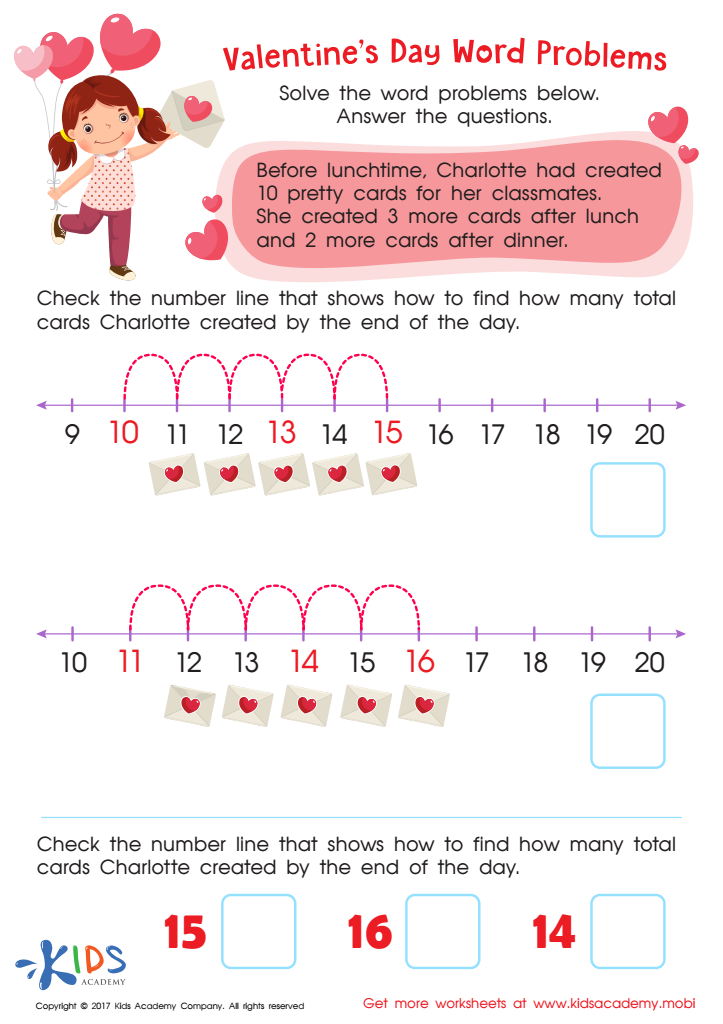

Valentines Day Word Problem Worksheet
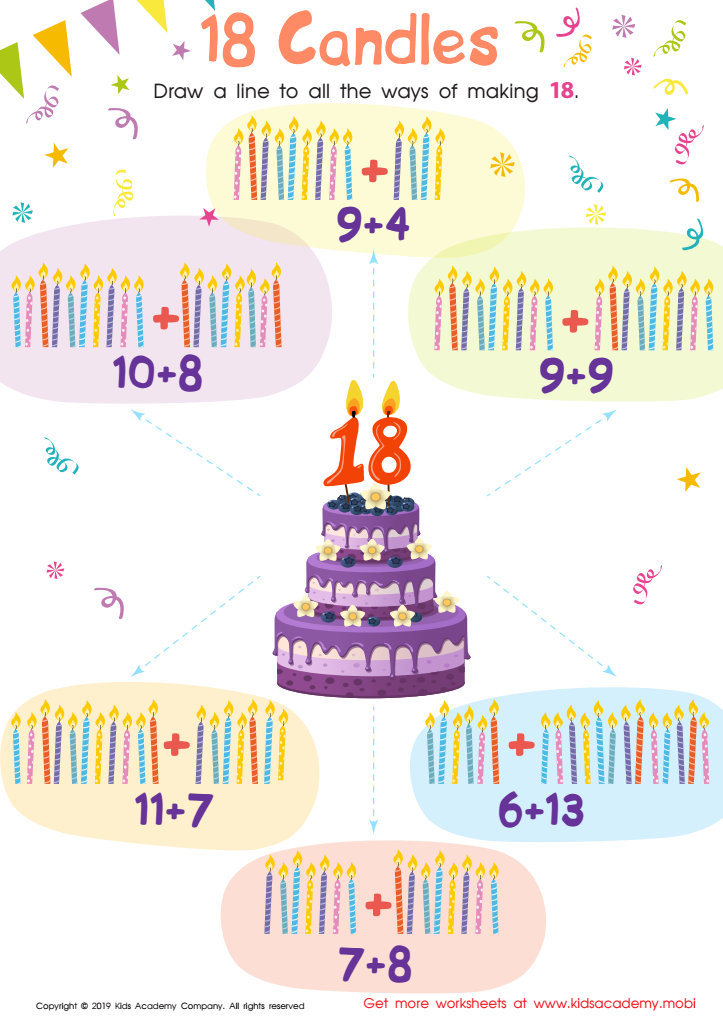

18 Candles Worksheet
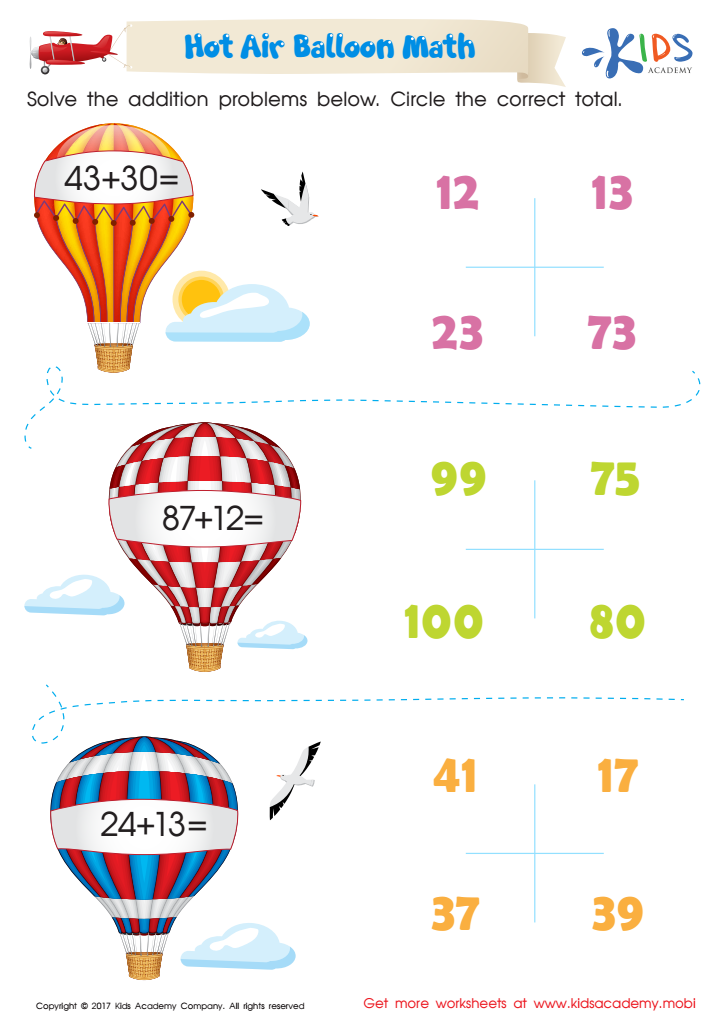

Hot Air Balloon Math Worksheet
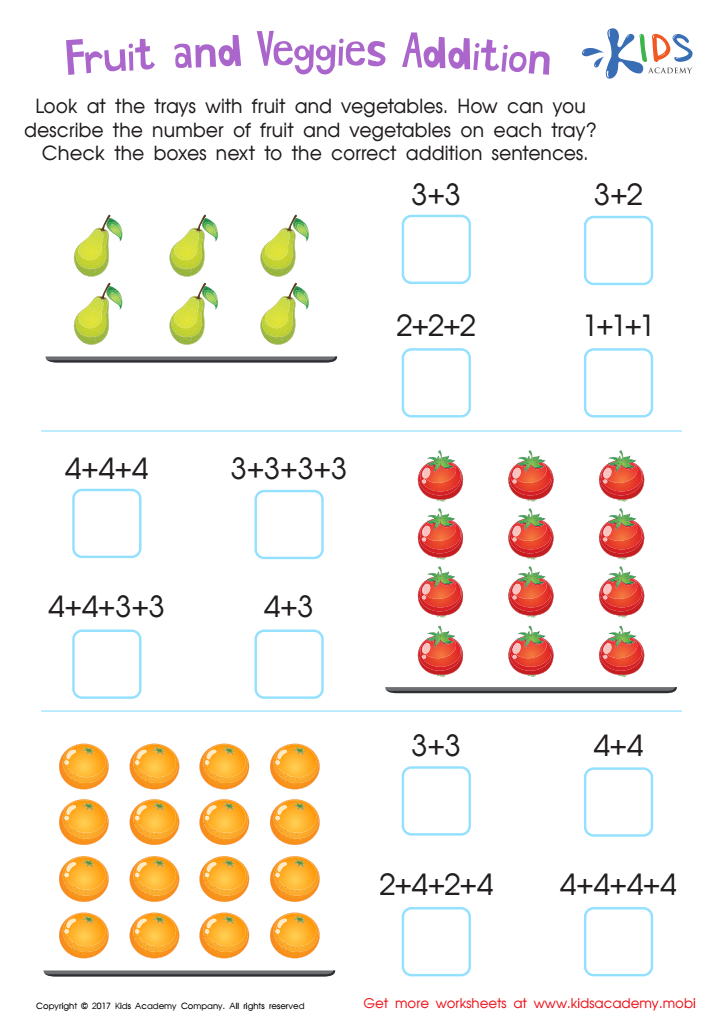

Fruit and Veggies Worksheet
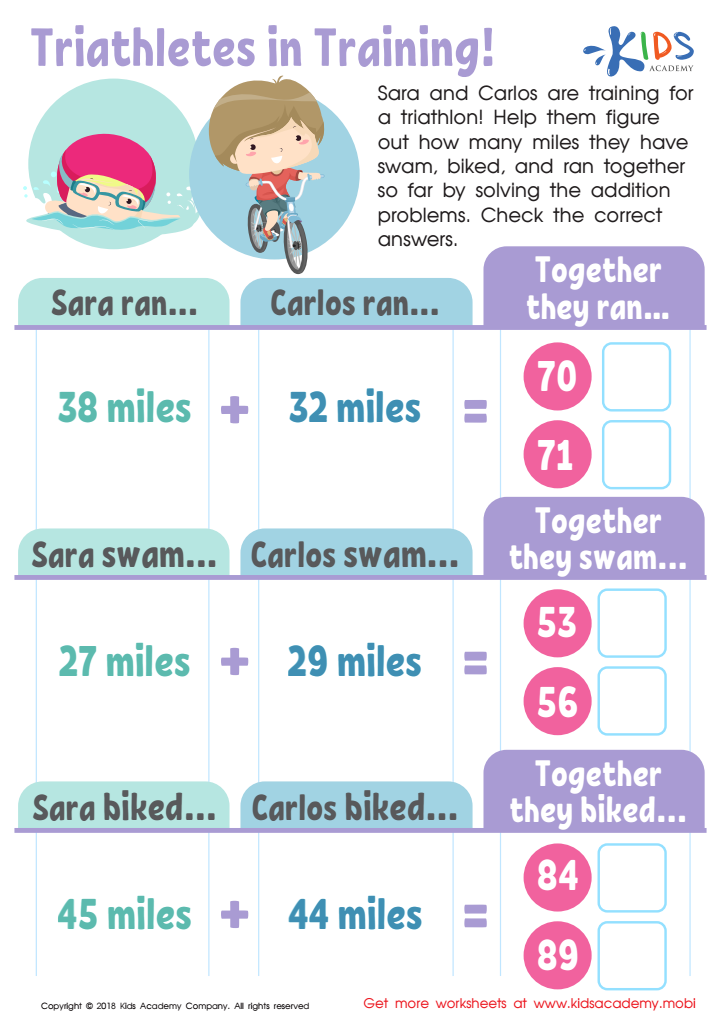

Triathletes in Training Worksheet
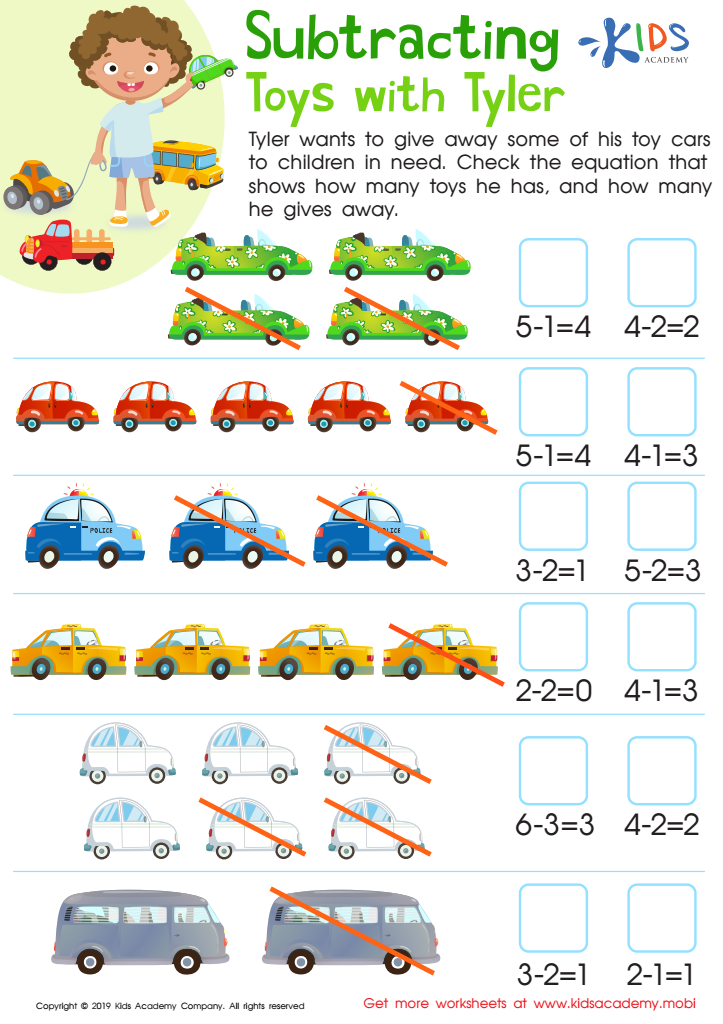

Subtracting Toys with Tyler Worksheet
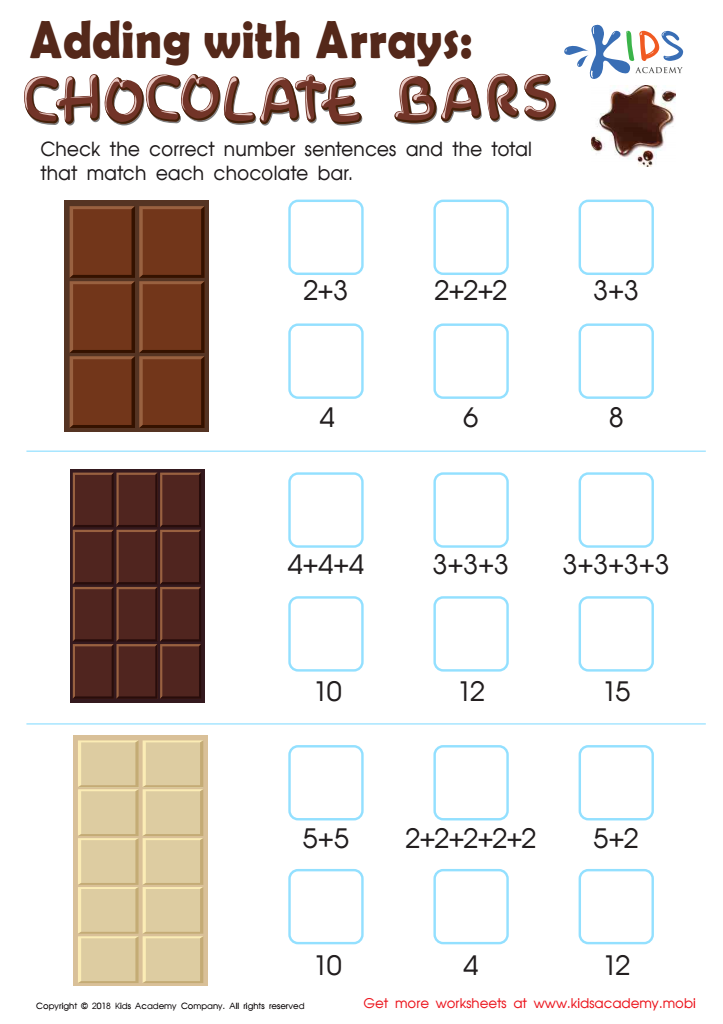

Adding with Arrays: Chocolate Bars Worksheet


Adding Flower Petals Worksheet
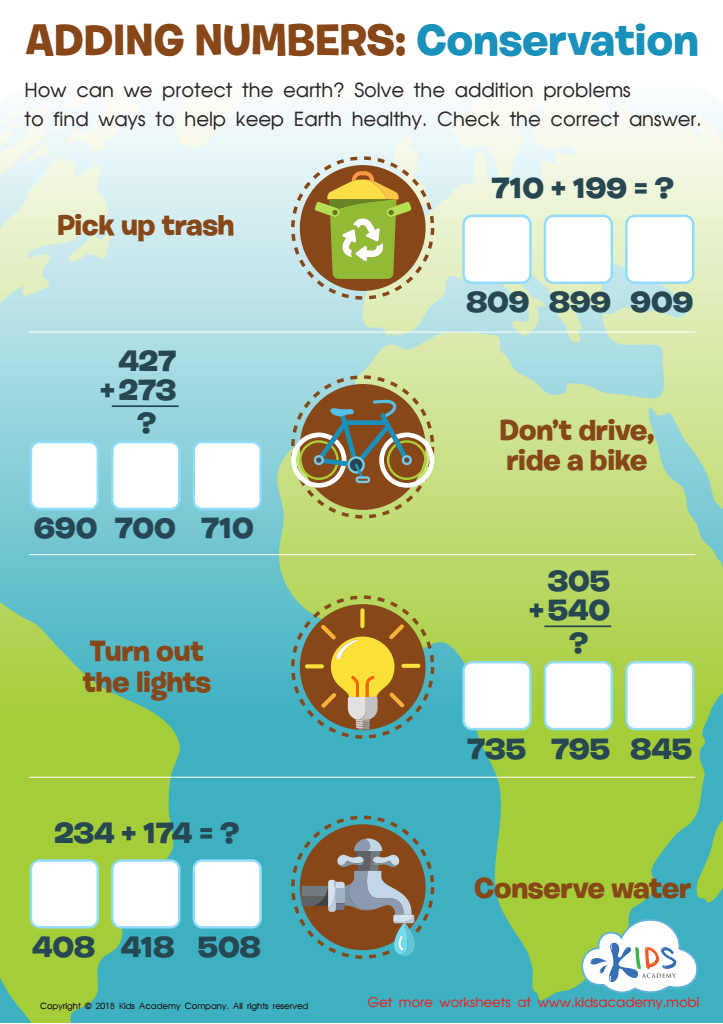

Adding Numbers: Conservation Worksheet
Normal addition and subtraction are fundamental mathematical concepts that form the foundation for all future learning in mathematics. For children aged 3-9, these skills are crucial for cognitive development and everyday problem-solving. By understanding basic arithmetic, children learn to develop logical thinking, enhance their reasoning skills, and improve their ability to manipulate numbers, which is essential in both academic and real-life situations.
Parents and teachers play a pivotal role in nurturing these skills. Early engagement with addition and subtraction encourages a positive attitude towards mathematics. It builds confidence in young learners, making them more likely to tackle complex math problems as they progress in their education. Additionally, these core skills promote social and emotional development as children learn to take turns, cooperate, and share in group settings.
Moreover, as mathematics becomes increasingly integrated into various subjects and activities, a strong grasp of normal addition and subtraction equips children to excel in science, technology, engineering, and even the arts. Therefore, fostering these skills early on helps lay the groundwork for lifelong learning, critical thinking, and successful academic milestones. Consequently, it is vital for parents and teachers to prioritize the teaching and reinforcement of normal addition and subtraction during these formative years.

 Assign to My Students
Assign to My Students


















